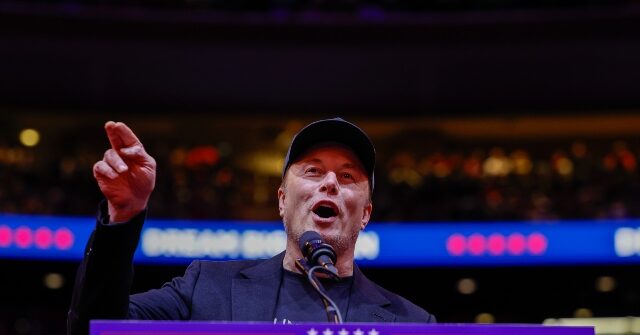In recent years, the political landscape surrounding the electric vehicle manufacturer Tesla, particularly in leftist strongholds such as Seattle, Washington, has become increasingly contentious. The transformation is largely attributed to the actions and statements of CEO Elon Musk, who has publicly aligned himself with conservative politics and expressed support for former President Donald Trump. This shift has left many Seattle residents, who initially embraced Tesla’s innovative technology as a means of promoting environmental responsibility, feeling disillusioned and betrayed. Consequently, driving a Tesla has taken on a politically charged significance, leading to a complex interplay of loyalty and resentment among its owners.
Seattle has long been known for its progressive politics and environmental consciousness, making its relationship with Tesla multifaceted. While the electric car manufacturer once enjoyed robust support in the region, Musk’s recent political shift has complicated matters. Reports from the Seattle Times illustrate that Tesla owners have begun to experience increased negativity and antagonism, with instances of vandalism and unfriendly gestures becoming more commonplace. This alteration contrasts sharply with the previously positive reception that Tesla vehicles garnered in a city renowned for its commitment to green initiatives.
Among the Seattle Tesla community, the reactions to Musk’s political actions are mixed. Some loyalists, like Matt Moreno, a Microsoft engineer, acknowledge their discomfort with Musk’s statements but assert that their admiration for Tesla’s technological advances remains intact. These supporters emphasize the importance of Tesla’s role in disrupting the traditional automotive industry and facilitating the transition towards sustainable energy. However, not all Tesla owners share this sentiment; many individuals have chosen to distance themselves from the brand altogether, feeling that ownership now implies an endorsement of Musk’s controversial political views.
One notable example of this shift comes from Seattle resident John Wyss, who ultimately decided to trade in his Tesla for a different electric vehicle due to the growing perception that driving a Tesla aligned him with right-wing ideologies. This decision highlights a broader trend indicative of the so-called “Elon Effect,” with recent data showing a significant decline in Tesla deliveries in Washington state despite an overall increase in electric vehicle registrations. The 11 percent drop in Tesla sales through the end of September illustrates the deteriorating appeal of the brand among its traditionally progressive customer base.
Further complicating Tesla’s standing in Seattle and beyond is the growing unpopularity of Musk among Democrats. Surveys indicate that the unfavorable view of Tesla among Democrats has surged from 15 percent in January 2021 to a staggering 47 percent, reflecting the disenchantment felt by a key portion of the brand’s consumers. Additionally, the controversial launch of the Cybertruck, characterized by its polarizing design and high price point, has drawn criticism from both sides of the political spectrum, further entrenching divisions among potential buyers.
As Tesla navigates this tumultuous political climate and faces increasing competition in the electric vehicle market, its prospects in Democratic strongholds like Seattle remain uncertain. While some steadfast supporters continue to champion the brand’s mission and breakthrough technologies, others are meticulously evaluating their options for alternatives that align more closely with their values. This evolving landscape underscores the expanding intersection of politics and consumer choices, fundamentally altering the perception and future of Tesla in markets where its reputation was once largely untouchable.

